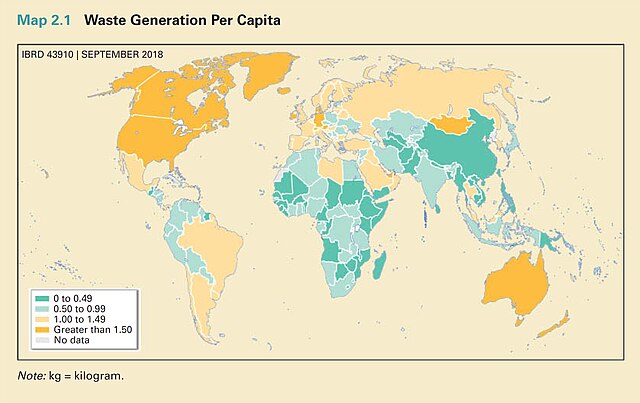The Brundtland Commission, formerly the World Commission on Environment and Development, was a sub-organization of the United Nations (UN) that aimed to unite countries in pursuit of sustainable development. It was founded in 1983 when Javier Pérez de Cuéllar, the Secretary-General of the United Nations, appointed Gro Harlem Brundtland, former Prime Minister of Norway, as chairperson of the commission. Brundtland was chosen due to her strong background in the sciences and public health.
Gro Harlem Brundtland, first head of the commission.
Sustainable development is an approach to growth and human development that aims to meet the needs of the present without compromising the ability of future generations to meet their own needs. The aim is to have a society where living conditions and resources meet human needs without undermining planetary integrity. Sustainable development aims to balance the needs of the economy, environment, and social well-being. The Brundtland Report in 1987 helped to make the concept of sustainable development better known.
Deforestation of the Amazon rainforest. Deforestation and increased road-building in the Amazon rainforest are a concern because of increased human encroachment upon wilderness areas, increased resource extraction and further threats to biodiversity.
Before flue-gas desulfurization was installed, the air-polluting emissions from this power plant in New Mexico contained excessive amounts of sulfur dioxide.
Waste generation, measured in kilograms per person per day




